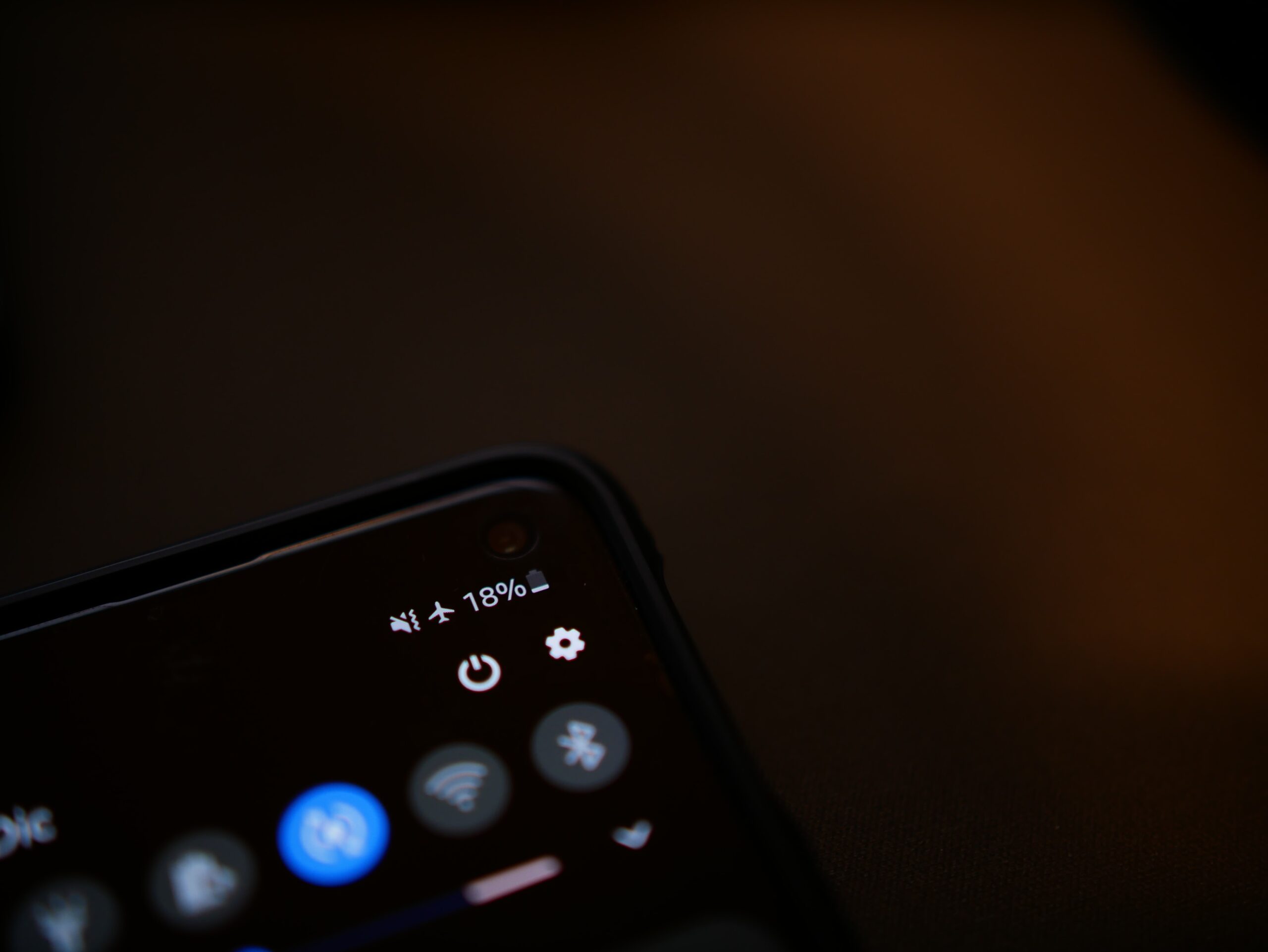If you’ve been dealing with the frustrating symptoms of irritable bowel syndrome (IBS), you may have found yourself wondering if a low carb diet could provide a solution. After all, there seems to be a plethora of diets out there claiming to help with various health issues. But is a low carb diet really suitable for people with IBS? In this article, we will explore the relationship between a low carb diet and IBS, providing you with the information you need to make an informed decision about your dietary choices. So, let’s dive in and find out if a low carb diet could be the answer you’ve been looking for!
Understanding Irritable Bowel Syndrome (IBS)
Definition of IBS
Irritable Bowel Syndrome (IBS) is a common chronic gastrointestinal disorder that affects the large intestine. It is characterized by a combination of symptoms such as abdominal pain, changes in bowel habits, bloating, and excessive gas. While the exact cause of IBS is unknown, it is believed to be a result of a complex interaction between genetic, environmental, and psychological factors.
Symptoms of IBS
The symptoms of IBS can vary from person to person, but the most common ones include abdominal pain or cramping, bloating, diarrhea, constipation, and excessive gas. Some individuals also experience mucus in the stool or a feeling of incomplete bowel evacuation. These symptoms can significantly impact the quality of life and overall well-being of those affected by IBS.
Common triggers of IBS
While the triggers of IBS can differ from person to person, there are several common factors that can lead to symptom flare-ups. These triggers include certain foods, stress and anxiety, hormonal changes, and gastrointestinal infections. It is important to identify and manage these triggers in order to effectively control the symptoms of IBS and improve one’s quality of life.
Fundamentals of a Low Carb Diet
What is a Low Carb Diet
A low carb diet, as the name suggests, is a dietary approach that focuses on reducing the intake of carbohydrates. It typically involves limiting the consumption of high-carbohydrate foods such as grains, legumes, starchy vegetables, and sugary foods. Instead, the emphasis is placed on consuming protein, healthy fats, and non-starchy vegetables.
Benefits of a Low Carb Diet
A low carb diet has been shown to offer several benefits, not only for weight management but also for overall health. Some of the key benefits include weight loss, improved blood sugar control, reduced hunger and cravings, increased HDL (good) cholesterol levels, and improved triglyceride levels. Additionally, a low carb diet may also help reduce inflammation and improve markers of cardiovascular health.
Potential Drawbacks of a Low Carb Diet
While a low carb diet has its benefits, it is important to consider potential drawbacks as well. Some individuals may experience initial side effects such as fatigue, headache, and constipation when transitioning to a low carb diet. Furthermore, long-term adherence to a strict low carb diet may lead to nutrient deficiencies if not carefully planned. It is crucial to ensure a well-rounded and balanced approach to nutrition while following a low carb diet.

Link between IBS and Diet
Effect of diet on IBS
Diet plays a crucial role in managing the symptoms of IBS. Certain foods can trigger or worsen symptoms, while others can provide relief. It is important to identify and avoid trigger foods while incorporating dietary modifications that promote digestive health and minimize symptom flare-ups.
Common problem foods for people with IBS
There are several common problem foods that individuals with IBS should be cautious about. These may include high-FODMAP foods, such as onions, garlic, wheat, dairy products, and certain fruits. Caffeine, alcohol, and spicy foods can also exacerbate symptoms for some individuals. Keeping a food diary and working with a healthcare professional can help identify specific trigger foods for each person.
Importance of a balanced diet in managing IBS
While it may be tempting to eliminate entire food groups or drastically restrict one’s diet to manage IBS symptoms, it is essential to maintain a balanced and varied diet. Following a well-rounded eating plan that includes a variety of nutrient-dense foods can help ensure proper intake of essential vitamins, minerals, and fiber, which are important for gastrointestinal health.
Applying a Low Carb Diet to IBS
Why consider a Low Carb Diet for IBS
A low carb diet may be a viable option for individuals with IBS who find that certain high-carbohydrate foods trigger their symptoms. By reducing carbohydrate intake, one can potentially alleviate bloating, gas, and abdominal pain. However, it is important to note that not everyone with IBS will benefit from a low carb diet, and individualized approaches are key.
Foods to include in an IBS-friendly Low Carb Diet
While following a low carb diet for IBS, it is important to incorporate foods that are both low in carbohydrates and gentle on the digestive system. It is generally advisable to include protein-rich foods such as lean meats, fish, eggs, and tofu. Non-starchy vegetables like leafy greens, broccoli, and zucchini are also suitable choices. Healthy fats from sources like avocados, nuts, and olive oil can be included as well.
Foods to avoid in an IBS-friendly Low Carb Diet
While on a low carb diet for IBS, it is advisable to avoid high-FODMAP foods, as these can trigger symptoms in individuals with IBS. Examples of high-FODMAP foods include onions, garlic, certain fruits, wheat, and dairy products. Caffeine, alcohol, and spicy foods should also be limited, as they may exacerbate symptoms.

Benefits of a Low Carb Diet for IBS
Reduced symptoms of IBS
Many individuals with IBS have reported a reduction in symptoms, such as bloating, abdominal pain, and diarrhea, when following a low carb diet. By eliminating trigger foods and reducing carbohydrate intake, the gastrointestinal system may experience less stress and inflammation, resulting in improved symptom control.
Regular bowel movements
One of the common complaints among individuals with IBS is irregular bowel movements. Following a low carb diet that includes an adequate intake of fiber, either from non-starchy vegetables or low-FODMAP sources, can help promote regularity and prevent constipation.
Improved overall digestive health
A low carb diet that is rich in whole, unprocessed foods can contribute to overall digestive health. By avoiding processed foods and focusing on nutrient-dense options, the digestive system can function optimally, leading to better nutrient absorption, reduced inflammation, and improved gut health.
Risks of a Low Carb Diet for IBS
Potential nutrient deficiencies
If not carefully planned, a low carb diet may lead to potential nutrient deficiencies. Foods like whole grains and legumes, which are restricted on a low carb diet, are important sources of certain vitamins, minerals, and fiber. It is crucial to work with a healthcare professional or registered dietitian to ensure that nutrient needs are met through other dietary sources or appropriate supplementation.
Possible increase in IBS symptoms
While a low carb diet may benefit some individuals with IBS, it could potentially exacerbate symptoms for others. Each person’s response to dietary changes can vary, and some may find that reducing carbohydrate intake leads to increased constipation, bloating, or other gastrointestinal discomfort. It is essential to closely monitor symptoms and make adjustments as necessary.
Risk of long-term health issues
Long-term adherence to a strict low carb diet may present certain health risks. These risks can include inadequate fiber intake, potential nutrient deficiencies, and an increased risk of heart disease if saturated and trans fats are consumed excessively. It is important to adopt a balanced approach to nutrition and consider long-term sustainability when making dietary choices.

Success Stories and Case Studies
Personal success stories
Many individuals have reported success in managing their IBS symptoms through a low carb diet. These personal success stories often highlight reduced bloating, improved bowel regularity, and overall symptom relief. However, it is important to recognize that what works for one person may not work for another, and individualized approaches are key.
Relevant scientific and research studies
Several scientific studies have explored the potential benefits of a low carb diet for individuals with IBS. Although research in this area is still limited, some studies suggest that a low carb diet may help reduce IBS symptoms, such as bloating and abdominal pain. Further research is needed to fully understand the impact of a low carb diet on IBS and its underlying mechanisms.
Opinions from health professionals
Opinions among health professionals regarding the suitability of a low carb diet for IBS may vary. While some healthcare professionals believe that a low carb diet can be beneficial for symptom management, others may recommend alternative approaches such as the FODMAP diet or other dietary modifications. It is important to consult with a healthcare professional or registered dietitian to determine the best course of action for managing IBS symptoms.
Professional Guidance is Essential
The role of a dietician or nutritionist
The expertise of a registered dietitian or nutritionist is invaluable when embarking on any dietary changes, especially for individuals with IBS. These professionals can provide personalized guidance, help identify trigger foods, create well-balanced meal plans, and monitor nutrient intake to prevent deficiencies. Their support can help ensure that dietary changes are safe and effective.
Importance of regular health checks
While dietary modifications, including a low carb diet, may provide symptom relief for individuals with IBS, it is crucial to regularly monitor overall health. Regular health checks, including blood work and physical examinations, can help identify any potential nutrient deficiencies, assess cardiovascular health, and ensure the diet is meeting individual needs.
Navigating dietary changes safely
Making significant dietary changes can be challenging, particularly for individuals with IBS. It is important to approach dietary modifications with caution and gradually introduce changes while closely monitoring symptoms. This will help identify any adverse reactions or trigger foods, and allow for adjustments as needed. Working with a healthcare professional or registered dietitian can provide valuable support during this process.
Alternatives to a Low Carb Diet for IBS
The FODMAP diet for IBS
The Low FODMAP diet is a well-known dietary approach that has shown success in alleviating symptoms for many individuals with IBS. This diet involves eliminating high-FODMAP foods for a certain period of time, and then systematically reintroducing them to identify specific triggers. The FODMAP diet provides an alternative approach for managing IBS symptoms and may be more suitable for certain individuals.
Other dietary modifications for IBS
In addition to the low carb and FODMAP diets, other dietary modifications may also be beneficial for individuals with IBS. These can include increasing fiber intake with high-quality sources, incorporating probiotic-rich foods or supplements, and avoiding foods and beverages that are known triggers for symptoms in a particular individual. Each person’s response to different dietary modifications can vary, so it is important to explore and tailor the approach based on individual needs.
Non-dietary treatments for IBS
While dietary changes can play a significant role in managing IBS symptoms, it is important to recognize that non-dietary treatments can also be effective. These can include stress management techniques, such as meditation or counseling, regular physical activity, and certain medications prescribed by a healthcare professional. Adopting a holistic approach that combines dietary modifications with these non-dietary treatments may yield the best results for individuals with IBS.
Conclusion: Is a Low Carb Diet Suitable for IBS?
A low carb diet may be a suitable option for some individuals with IBS, particularly those who find that high-carbohydrate foods trigger their symptoms. While there are potential benefits, such as reduced IBS symptoms and improved digestive health, it is important to consider the potential risks and drawbacks associated with a low carb diet, including nutrient deficiencies and exacerbation of symptoms in some individuals.
It is crucial to approach dietary changes for IBS with caution and seek professional guidance from a healthcare professional or registered dietitian. These experts can provide personalized recommendations, help navigate dietary modifications safely, and ensure that nutritional needs are met. Additionally, alternatives such as the FODMAP diet and non-dietary treatments should also be considered and tailored to individual needs.
Ultimately, the suitability of a low carb diet for IBS varies from person to person. With the right professional guidance, careful monitoring, and individualized approach, a low carb diet may prove to be a valuable tool in managing IBS symptoms and improving overall well-being.

